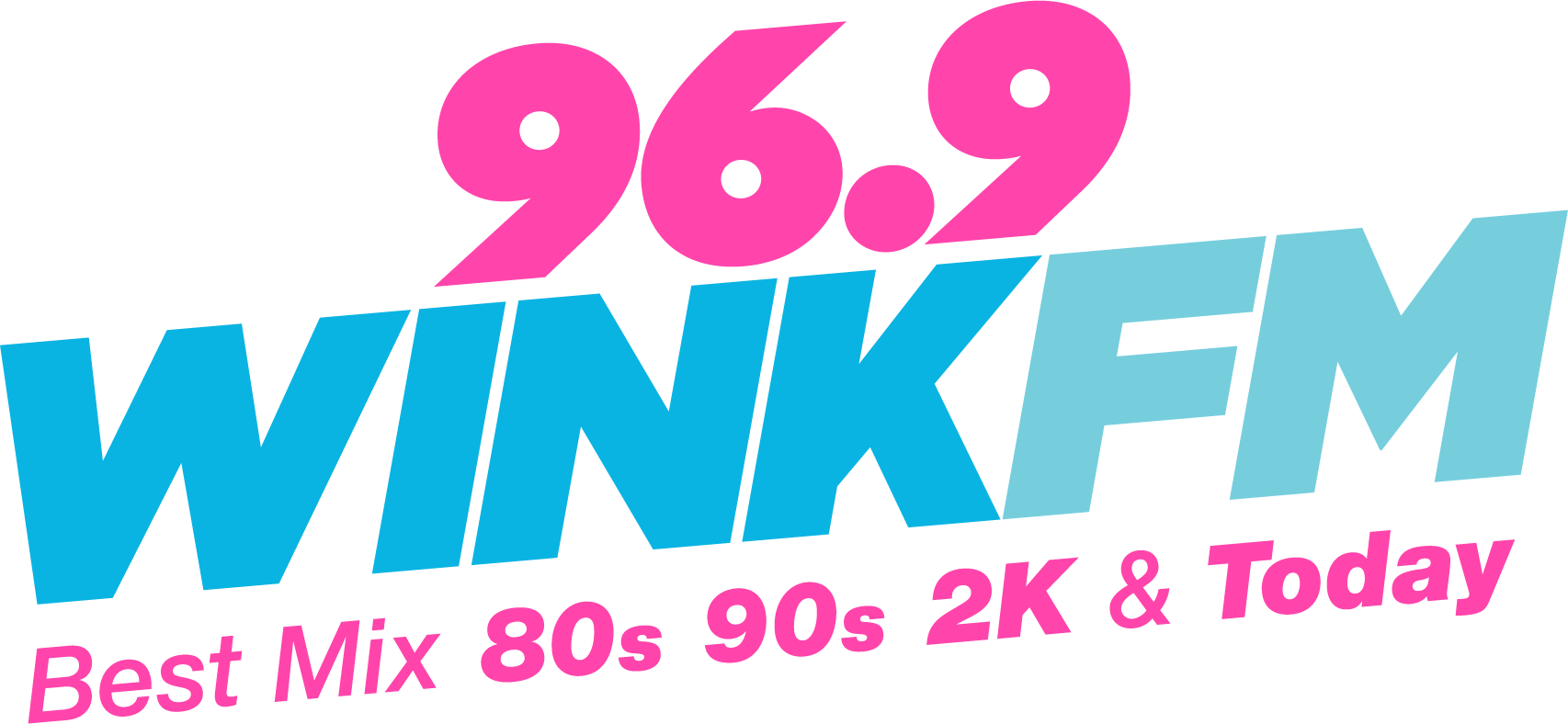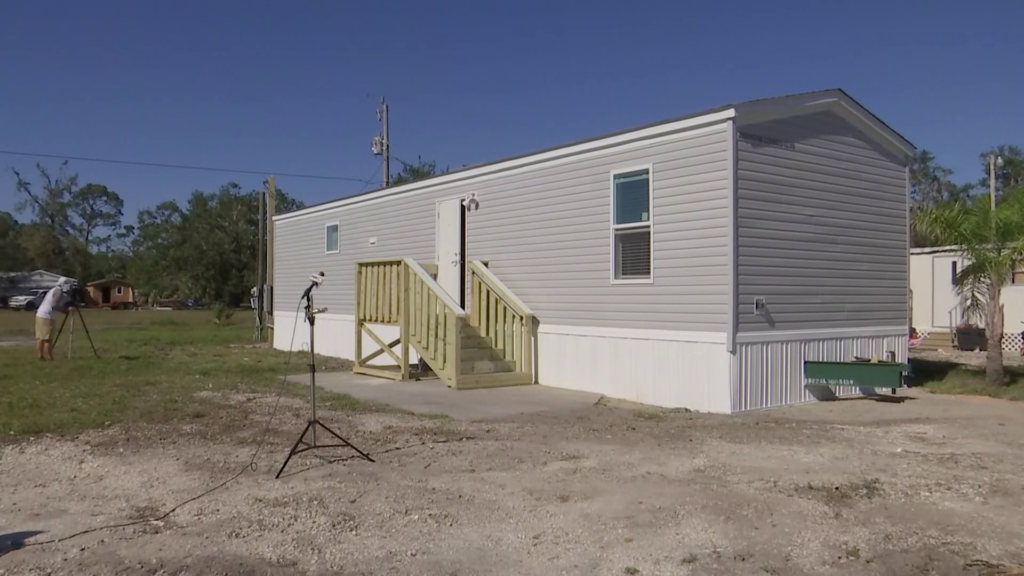NORTH FORT MYERS
On Thursday, FEMA was in Fort Myers to announce special consideration for temporary housing units in flood hazard areas.
Since the recovery started, one of the biggest delays has been getting trailers to those who need them.
FEMA leadership was giving tours of two of FEMA’s “Direct temporary housing program units” in North Fort Myers.
Hurricane Ian rocked the lives of so many. For some, recovery was swift, but for so many others, recovery has been slow.
Some of those people left Southwest Florida with no hope. Thousands are left with no home.
FEMA promised to help by locating or providing the homeless with temporary housing but said they could not put trailers in a flood zone where people needed them most.
On Thursday, FEMA changed that policy.
“Our plan in those most vulnerable areas will differ from those farther inland. For the barrier islands and nearby coastal areas, we will install only travel trailers,” said FEMA’s Deputy Federal Coordinating Officer Keith Denning.
The new policy, according to FEMA’s news release, says, “FEMA never places manufactured housing units or travel trailers in a special flood hazard area as a first option. Instead — this is only done after all practicable options have been exhausted within a community approved for direct housing and with the approval of state and local officials.”
With one announcement coming on the last day people can apply for FEMA assistance, WINK News asked Denning why they waited until now to expand the program.
“[It] has no relation to the deadline at all. Please make sure that you let people know that they need to register by the end of the night [Thursday],” Denning said.
Temporary housing for those who lost everything was a promise FEMA made in the hours and days following the hurricane. It was a promise that many say FEMA did not keep. So, FEMA changed its policy to help people faster.
“It demands we create temporary housing solutions that weren’t here before. That’s why FEMA is doing things that it normally doesn’t do. With so many homes destroyed and 1,000s of lives uprooted,” Denning said.
The old policy said FEMA could not place manufactured housing units in flood zones. Now, FEMA will temporarily park trailers or deliver trailer trailers to people who need housing most.
“We are providing housing solutions that may not have been here before this housing unit behind you,” Denning said.
People on Estero Island, San Carlos Island, Sanibel Island, Pine Island, and some close coastal areas are now eligible for temporary travel trailers under the policy.
Fort Myers Beach FEMA travel trailer. (Credit: WINK News)
“Why are we conducting this revised approach to our direct housing strategy? We have done so in order to provide housing for those in need while also complying with all federal regulations, local codes, and ordinances. We all need to consider the impact of temporary units in these areas. If another storm strikes, protecting life and remaining property are paramount for other areas of Southwest Florida,” said Denning.
WINK News asked Denning if FEMA would reconsider those who have been denied temporary housing based on the changes. Denning said it was possible.
If you have not registered for FEMA aid, you have until the end of the day Thursday, January 12.
There are several ways to register:
Call the FEMA Helpline at 800-621-3362. The Helpline is available daily from 7 a.m. to 11 p.m. ET. Help is available in most languages.
Go online to DisasterAssistance.gov (also in Spanish).
Download the FEMA mobile app for smartphones.
Visit a Disaster Recovery Center (DRC). Several DRCs are operating throughout Florida’s disaster-damaged counties. To find one close to you, go online to: DRC Locator or floridadisaster.org, or text DRC along with your zip code to 43362.
Applicants who wish to apply for disaster assistance should have the following information ready for their registration: Social Security number; pre-disaster address of the primary residence; the name of all occupants of the pre-disaster household, types of insurance coverage; current telephone number and mailing address; and bank account and routing numbers for direct deposit of financial assistance, if eligible.
Applicants should also keep their contact information updated with FEMA as the agency may need to call to schedule a home inspection or get additional information.
WINK NEWS

